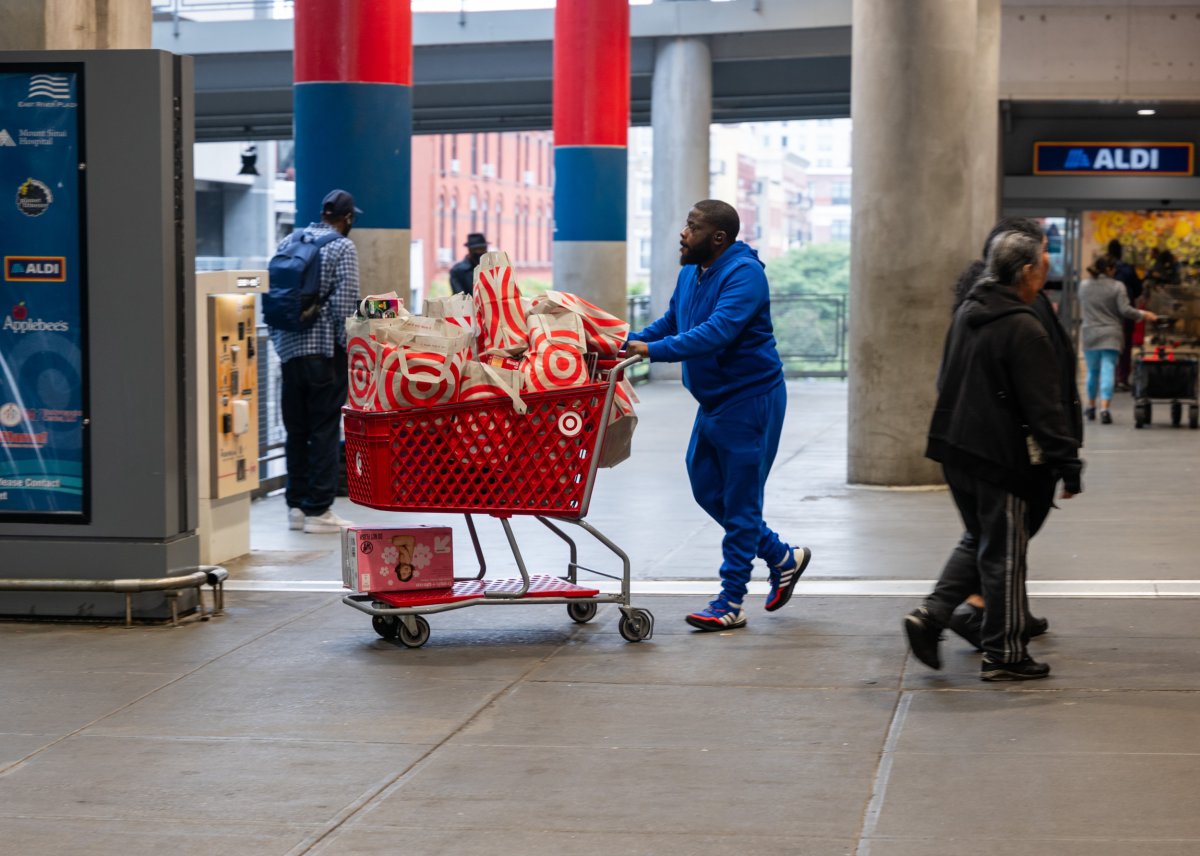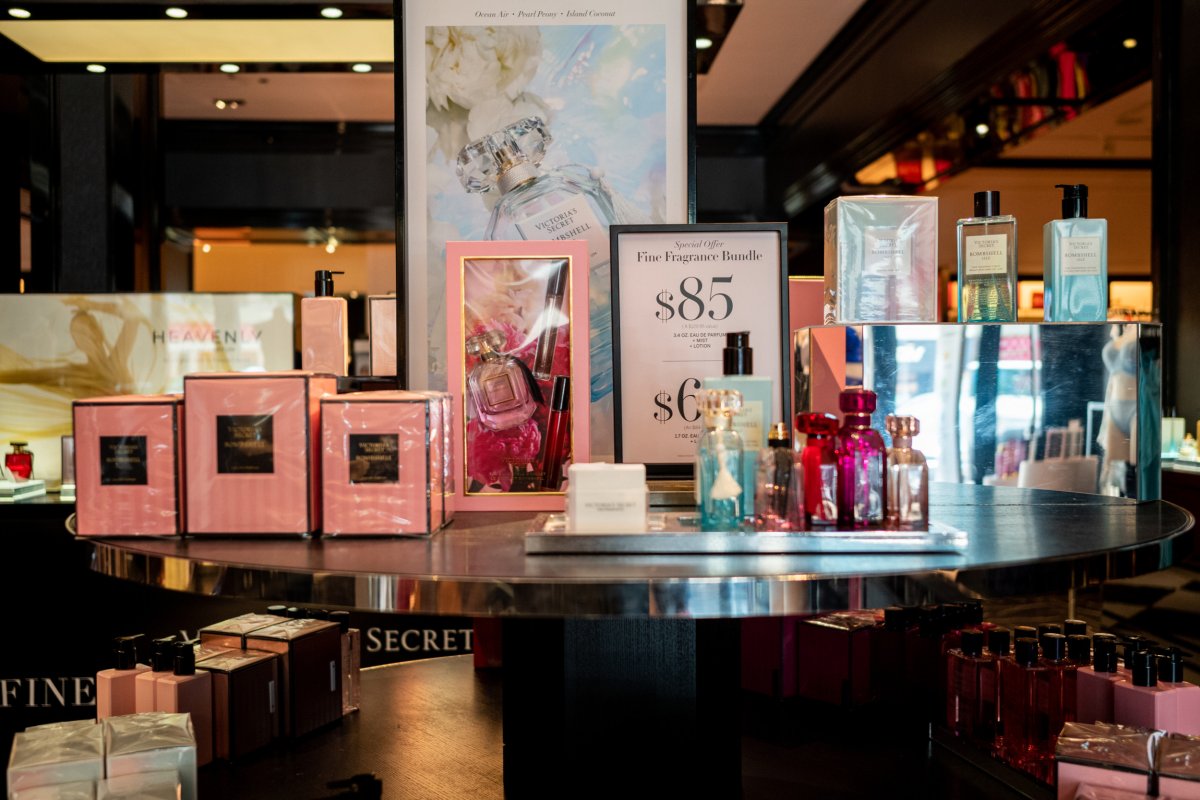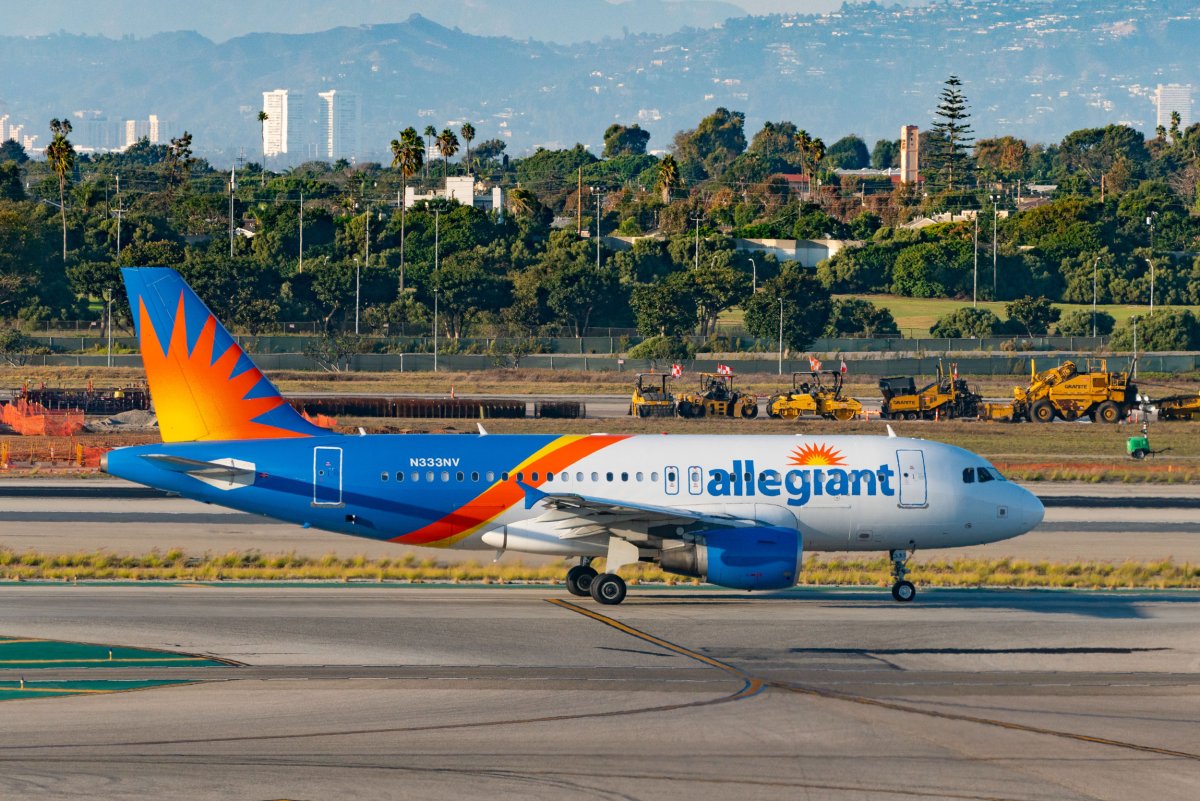If you are the average U.S. consumer, you probably get dozens of emails, app notifications and SMS messages from various companies. Whether you've been a loyal customer for years or made one purchase, brands across different industries are always offering deals and discounts for repeat purchases and loyal patrons.
Loyalty programs offer customers rewards, discounts or other perks when buying from or using the products or services of a certain brand. Companies—from JetBlue to Dunkin' to Walmart—will push loyalty programs to attract both new and returning customers.
This includes everything from airline companies offering points or miles for frequent flyers to retailers giving discounts on purchases of a certain dollar amount, to local coffee shops handing out punch cards that offer a free product after a set number of visits.
Read more: Capital One Walmart Rewards Mastercard Review
According to data analysis firm Statista, the global loyalty management market was worth $5.6 billion in 2022. Statista predicts the market will be worth more than $24 billion by the end of 2029.
Newsweek recently published its 2024 ranking of America's Best Loyalty Programs. Done in partnership with Statista, the list highlights the top loyalty programs across 41 industry categories to determine those most worthy of repeat business.
An online survey of more than 4,000 American consumers was conducted in which respondents evaluated several brands. The loyalty programs were given a score of 1 to 10 based on six criteria: ease and enjoyment, benefit, overall satisfaction, customer support, trust and recommendation. The awarded programs on our ranking all received an above-average overall score of 5 out of 10.
CVS Pharmacy launched its ExtraCare loyalty program, which scored a 7.75 on this year's ranking, two decades ago and it now has over 74 million members. For CVS, a successful loyalty program must save time, deliver on convenience, provide personalized offers and increase value for customers.
"We aim to redefine convenience to fit each shopper's lifestyle, providing personalized offers and unlocking relevant deals with every interaction," Zachary Dennett, the vice president of merchandising, consumer health care for CVS Health, told Newsweek over email. "The more engaged customers are, the more value they receive, especially on items tailored to their health journey."

In the U.S., loyalty programs have roots that date back to the late 19th century, and they've been a pillar of commerce ever since. Trading stamps were used in the later 19th and early 20th centuries to incentivize customers to pay cash instead of using credit. In 1896, Sperry & Hutchinson Co. began issuing S&H Green Stamps, becoming the first trading stamp company to operate as an independent business.
"Loyalty programs still have the same purpose that they did way back when they started, when they were giving out green stamps that you collect to then purchase something from the catalog at a discount," said Rebecca Horan, a brand strategy consultant. "It's changed a lot but the goals are still the same—increasing customer spending, increasing the frequency of purchases, reducing churn, increasing retention."
The average customer in the U.S. belongs to 17 loyalty programs, according to a 2022 McKinsey report, which says this fact indicates a "saturated landscape." Engagement with loyalty programs remains relatively low, though, with less than 50 percent active membership.
"Customers today have loyalty fatigue—they're looking for retailers, merchants, airlines, restaurants to really be relevant to them," Jen Millard, a fractional chief revenue officer who specializes in consumer loyalty, told Newsweek. "Don't send me an offer that's not relevant to me. Do not waste my time."
Millard, who leads the Digital & Technology Consulting Practice at Manatt, Phelps & Phillips law firm, previously worked as the vice president of global business development-loyalty for Mastercard. According to her, in the face of a crowded marketplace, consumer habits and wants are changing.
"It's more about belonging," Millard said. "People want to feel like they are recognized for being special. People are willing to pay to be treated in a different way."
Shoppers, especially younger ones, are more concerned with experiences and instant gratification. According to a 2018 Forbes study, millennials tend to make purchases that make them feel good. The study found that 60 percent of millennials make purchases that are an expression of their personality. This age group is more likely to consume products that meet both a logistical and emotional need, compared to Gen Xers and baby boomers, who are more likely to consume based on quantity.
In an interview with Newsweek, Victoria's Secret Executive Vice President Sarah Sylvester noted that customers know their time is precious and brands "have to earn their space" in consumers' lives as easily as possible.
"Consumers are busy, they have so much thrown at them these days [and] you consume stuff from not only brands, but your friends," Sylvester said. "With your phone, you are connected 24/7, so there's a lot coming at you. I think people have a higher expectation—they're more judicial with their time and their money."
In the Newsweek ranking, the Victoria's Secret Credit Card was rated as one of the best rewards programs in both the women's apparel and the perfume and cosmetics categories, with scores of 8.17 and 9.8, respectively.
Read more: Best Rewards Credit Cards
For decades, Victoria's Secret has offered customers a store credit card and a point system, but the brand decided to expand its loyalty program last year. In addition to the credit card, the company launched a multi-tiered loyalty program in which customers get points for spending a certain amount of money.

"I think the real magic can come when you have a company that finds a way that they can unlock the benefits for a consumer, that it's not just around discounting," said Emily Reasor, a senior partner at McKinsey working with marketing and sales practices.
This includes room upgrades at hotels, early access to new or exclusive merchandise or other unique experiences that make consumers feel special.
Allegiant Air offers Allways Rewards, a dollar-based points system that rewards the amount of money travelers spend on flights, not just miles traveled. Its rewards program was rated as the top among airlines on Newsweek's ranking, with a score of 8.67.
The airline has been embracing the latest trend of experiential perks through partnerships with resorts, casinos and amusement parks. In these spaces, Executive Vice President and Chief Marketing Officer Scott DeAngelo said travelers' currency is becoming more popular.
"The more places that you can be earning these points and the more places you can be redeeming them, especially within that experiential space, the more valuable the program becomes," he added.
One of the most popular ways companies can make their rewards more personal to their customers is through a mobile app, allowing consumers to take more ownership and control of their rewards. Companies like Target and Starbucks have made the process easier and more enjoyable for consumers by reducing confusion about how to track and use points and discounts.
"That's even more intimate than having it be a [punch] card in your wallet," said Horan, the brand strategy consultant. "It can be on your phone, sending you notifications, tapping you on the shoulder and reminding you that it's there."
The biggest fear for companies, according to consumer loyalty expert Millard, is their app being uninstalled on a customer's phone because the constant push alerts about deals and offers become too annoying or overwhelming.

Brands, therefore, must find ways to better meet their customers' needs.
Victoria's Secret's mobile app allows customers to shop and earn rewards as well as join a community of fellow VS shoppers. Users can also ask questions, share photos and earn points for taking polls and quizzes.
With increased interaction, as well as focus groups and customer feedback, the company learns more about customers to make the experience better and more convenient.
"It's part of the community and the overall experience that all of the data we're gathering we can use to give the customer a more personalized experience," Sylvester said. "The more we know about you, hopefully, we can get you to engage with us more."
Personalization depends on harvesting data about customers. This gives businesses the opportunity to provide more personalized experiences and relevant rewards that consumers care about. Collection of personal data, though, has become a major concern for many Americans.
According to a 2021 survey conducted by Big Four accounting firm KPMG, 70 percent of companies increased their collection of personal consumer data during the previous year. Meanwhile, 86 percent of consumers said data privacy is a growing concern, and 68 percent said they are concerned about the level of data being collected by businesses.
Sylvester said the Victoria's Secret app allows users to set preferences for what they want to share and how they want to hear from the brand.
"It is a fine line these days and we still have more personalization capabilities that we want to do," she said, "so we're not showing up where [the customer] doesn't want us."
McKinsey's Reasor said data, analytics and AI are "changing the game, without question," but they need to be used the right way.
Looking ahead, companies must navigate the space between what customers want and what information they are willing to share. Customers must then be aware of the total cost of their loyalty and what they are willing to offer for a reward or exclusive experience.
If consumers are giving out their email, phone numbers and personal data, Reasor said, they should be getting the most benefit from the brands with which they are most heavily engaged.
"I don't think this is going away," she said of the personalization of loyalty programs. "This will only increase and, particularly in a world of very tricky consumer sentiment and the explosion of AI, I think we're going to see more and more of this."
Uncommon Knowledge
Newsweek is committed to challenging conventional wisdom and finding connections in the search for common ground.
Newsweek is committed to challenging conventional wisdom and finding connections in the search for common ground.
About the writer
Lauren Giella is a Newsweek National reporter based in New York. Her focus is reporting on breaking and trending U.S. ... Read more
To read how Newsweek uses AI as a newsroom tool, Click here.








